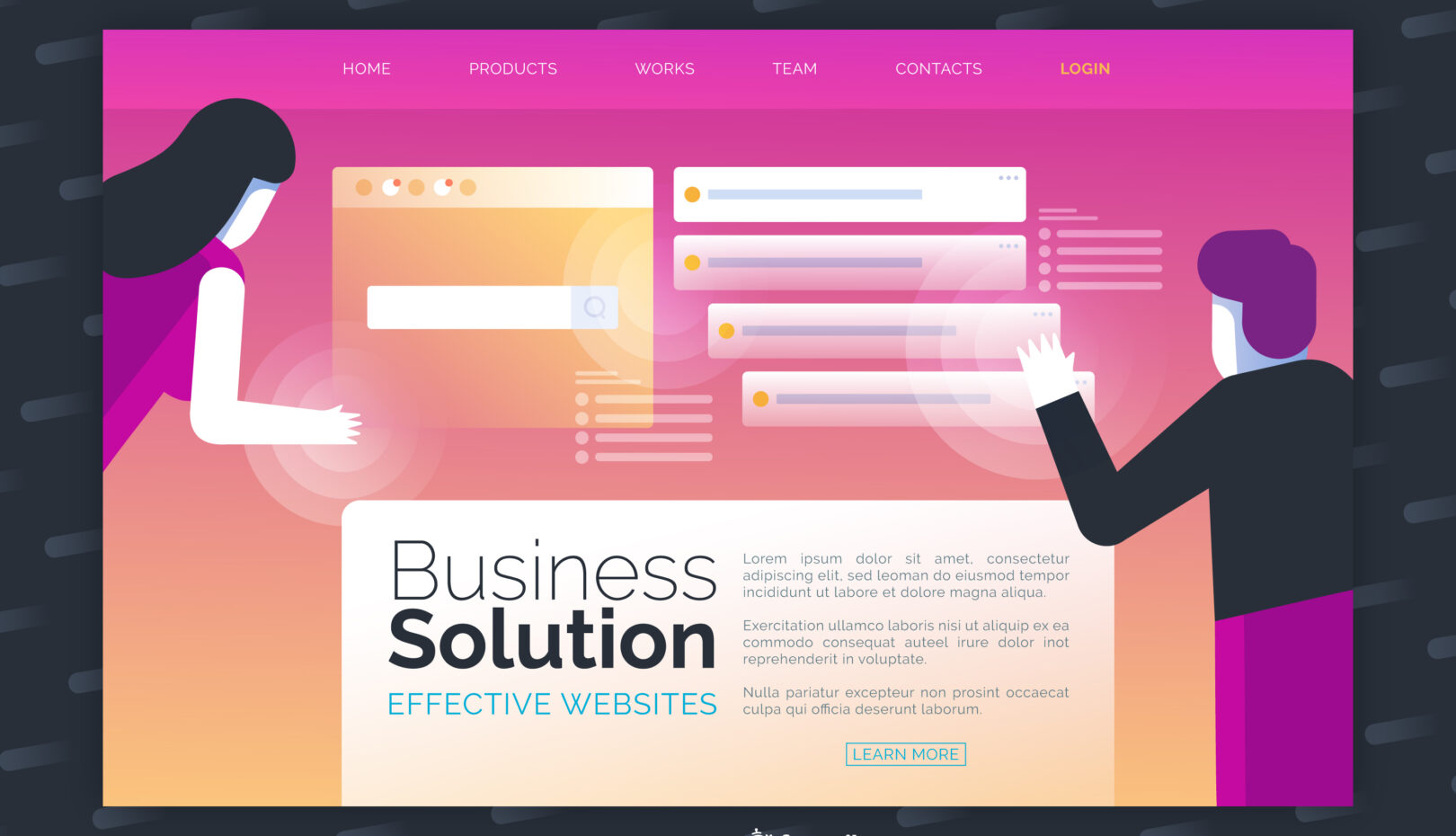How SEO Services Can Help Your Business Grow in 2026
What Is the Agentic Web? Exploring the Role of AI in Modern Web Development
The web has evolved from static pages to interactive platforms. Now, it’s stepping into its next phase: the Agentic Web. But what exactly does that mean? In simple terms, the Agentic Web refers to a new era of the internet where AI agents act on behalf of users automating decisions, retrieving data, and customizing digital experiences in real time. Unlike traditional websites, which wait for user inputs, agentic web systems anticipate needs, respond autonomously, and learn over time.
At the heart of this revolution is artificial intelligence, reshaping how developers build, deploy, and scale digital products.
Understanding the Agentic Web
What Is an AI Agent?
An AI agent is a program that can perceive its environment, make decisions, and perform actions autonomously. In the context of the Agentic Web, these agents:
- Gather and analyze user data
- Execute tasks without explicit instructions
- Communicate with other systems or agents
- Continuously improve via machine learning
Imagine a web browser that books your flights, summarizes research, or negotiates product prices without you having to lift a finger. That’s the agentic experience.
Core Technologies Behind the Agentic Web
To understand the impact of AI in modern web development, let’s look at the core components powering this new architecture:
1. Natural Language Processing (NLP)
Allows agents to understand and generate human language, enabling seamless communication.
2. Large Language Models (LLMs)
Models like GPT-4 or Claude enable context-aware reasoning, code generation, and dynamic content creation.
3. Autonomous Workflows
Agents can perform multi-step tasks such as filling out forms, updating databases, or making purchases.
4. Webhooks & APIs
Real-time data exchange between web services and agentic systems is now seamless, facilitating integrations.
How AI Is Reshaping Web Development
AI is not just enhancing web development—it’s transforming it. Here’s how:
1. Intelligent Interfaces
AI-driven UI/UX adapts in real-time based on user behavior. Websites no longer offer a one-size-fits-all layout — instead, they evolve based on each session.
2. Automated Coding & Debugging
Tools like GitHub Copilot and ChatGPT for developers are reducing coding time, minimizing errors, and assisting with version control and deployment.
3. Personalized Content Generation
AI algorithms tailor content based on demographics, interests, and user history—resulting in higher engagement and lower bounce rates.
4. Predictive Web Design
By analyzing user interaction data, AI can help forecast what layouts or elements will work best, even before A/B testing begins.
5. Voice and Conversational Interfaces
The Agentic Web integrates voice recognition and chatbot systems to allow natural conversation between user and machine—improving accessibility and functionality.
Agentic Web vs Traditional Web: A Quick Comparison
| Feature | Traditional Web | Agentic Web |
| User Interaction | Manual clicks, forms | Autonomous, proactive |
| Personalization | Rule-based | AI-driven, adaptive |
| Task Execution | User-driven | Agent-driven |
| Development Focus | Static/dynamic content | Autonomous systems and workflows |
| Speed | Load and respond | Predict, act, optimize |
Real-World Applications of the Agentic Web
E-commerce
AI agents assist customers in choosing the best products based on past purchases, reviews, and real-time inventory.
Education
Students engage with AI tutors that adapt lessons based on learning style, pace, and performance.
Healthcare
Medical AI agents recommend treatments, manage appointments, and interpret lab results for doctors and patients.
Marketing & SEO
Agentic tools automate A/B testing, content creation, ad placement, and even SEO strategy execution.
Challenges and Ethical Considerations
While the Agentic Web brings immense potential, it also raises concerns:
- Data Privacy: Who controls the data these agents access and use?
- Security Risks: Autonomous systems can be vulnerable to misuse or manipulation.
- Bias and Transparency: Decisions made by AI agents must be auditable and explainable.
Regulation, transparency, and ethical frameworks must evolve alongside the tech.
How Developers Can Prepare for the Agentic Web
- Learn AI/ML Foundations: Web developers must understand how AI models work to integrate them effectively.
- Focus on API Integration: As more services become agent-ready, API fluency will be critical.
- Understand Prompt Engineering: Especially with LLMs, writing effective prompts is now a core skill.
- Collaborate with Data Teams: The Agentic Web runs on clean, structured data — so align closely with data engineers and analysts.
- Experiment With Autonomous Frameworks: Tools like AutoGPT, LangChain, and HuggingFace Transformers are shaping the foundation.
Final Thoughts: The Agentic Web Is the Future
The Agentic Web represents more than just a new trend — it’s a paradigm shift in how we interact with the internet. It transforms websites from passive information sources into intelligent agents that can reason, respond, and act.
At SEO Quartz our developers, marketers, and businesses, the future lies in leveraging AI to automate tasks, personalize experiences, and create web solutions that think for the user.
Whether you’re building the next smart e-commerce platform or revolutionizing your digital marketing, understanding the Agentic Web is essential to staying ahead.
Frequently Asked Questions (FAQs)
What does “Agentic Web” mean?
It refers to the next phase of the internet where AI-powered agents act autonomously to assist users, complete tasks, and personalize digital experiences.
How does the Agentic Web differ from current websites?
Unlike traditional sites that wait for user input, the Agentic Web is proactive. It can predict needs, automate workflows, and learn from interactions.
Can small businesses benefit from the Agentic Web?
Absolutely. AI agents can improve customer engagement, automate repetitive tasks, and enhance personalization—giving small businesses a competitive edge.
Is the Agentic Web safe?
When built responsibly, yes. Developers must implement strong data governance, ensure transparency in AI decision-making, and guard against bias and misuse.
 info@seoquartz.co
info@seoquartz.co
 +1 (276) 739-9962
+1 (276) 739-9962











